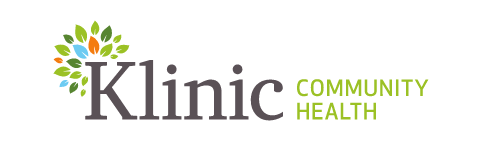
The Mind, Body and Spirit Connection
Historically the approach to addressing trauma was to provide people with fragmented services that did not take into consideration the person as a whole. There was a separation between emotional and physical well-being. Even though many systems began to acknowledge the holistic needs of people being physical, emotional, social, mental and spiritual there was a struggle to define what that really meant. For the most part, the human experience was parcelled out to various professional disciplines; the body belonged to the medical profession who could diagnose and prescribe appropriate treatments. The social worker was given the social aspects of the person, the educator the mental, and the counsellor the emotional. Spiritual care was considered the domain of the spiritual specialists, so anything that might be considered religious was deliberately kept out of the conversation in public service agencies.
What we now know is that trauma affects the whole person; mind, body and spirit therefore recovery also has to take into consideration the person as a whole. Through the nurturing of healthy relationships, attending to basic physical needs (i.e. – sleep and nutrition), having adequate housing and food security people have a greater opportunity to engage in trauma recovery. The mind, body and spirit will respond to these positive factors maximizing the potential for healing.
Next: Impacts/Effects of Trauma >


